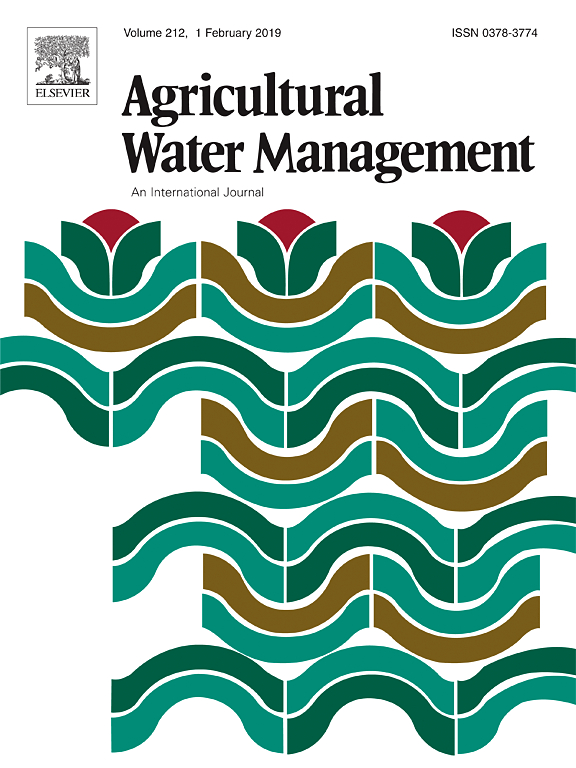Unlike the Sudano-sahelian regions, which are confronted to severe periods of food shortage, tropical rainforests are known to provide a constant supply of a great diversity of food resources that mitigates the risk of food starvation for omnivorous humans. Nevertheless, several African forest ethnic groups suffer from a seasonal hunger induced by depletion in the procurement of bushmeat, which is a food of paramount importance. Although the diet remains well balanced and meets all the nutritional needs, the bushmeat cravers loose weight and experience a stress that affects their well-being. Bushmeat hunger is a psychocultural form of hunger that generates several mental disorders. We present results from nutritional anthropology studies carried out among various Congo Basin forest peoples, which regularly suffer from bushmeat hunger. We expose the physiological risks that result from this psychological unrest, we argue that this type of unsatisfied compiling desire for meat should be considered as a factor of food insecurity and we conclude on its incidence on bushmeat trade. The immoderate craving for bushmeat compromises the attempts to replace bushmeat by other sources of meat and is a persisting obstacle to conservation initiatives that fail to take the psychocultural values of bushmeat into consideration.
DOI:
https://doi.org/10.1007/s10393-017-1252-y
Pontuação Altmetric:
Dimensões Contagem de citações:

Ano de publicação
2017
Autores
Dounias, E.; Ichikawa, M.
Idioma
English
Palavras-chave
food security, conservation, hunger, meat, bushmeat, nutrition, nutrition research, nutritional assessment


















